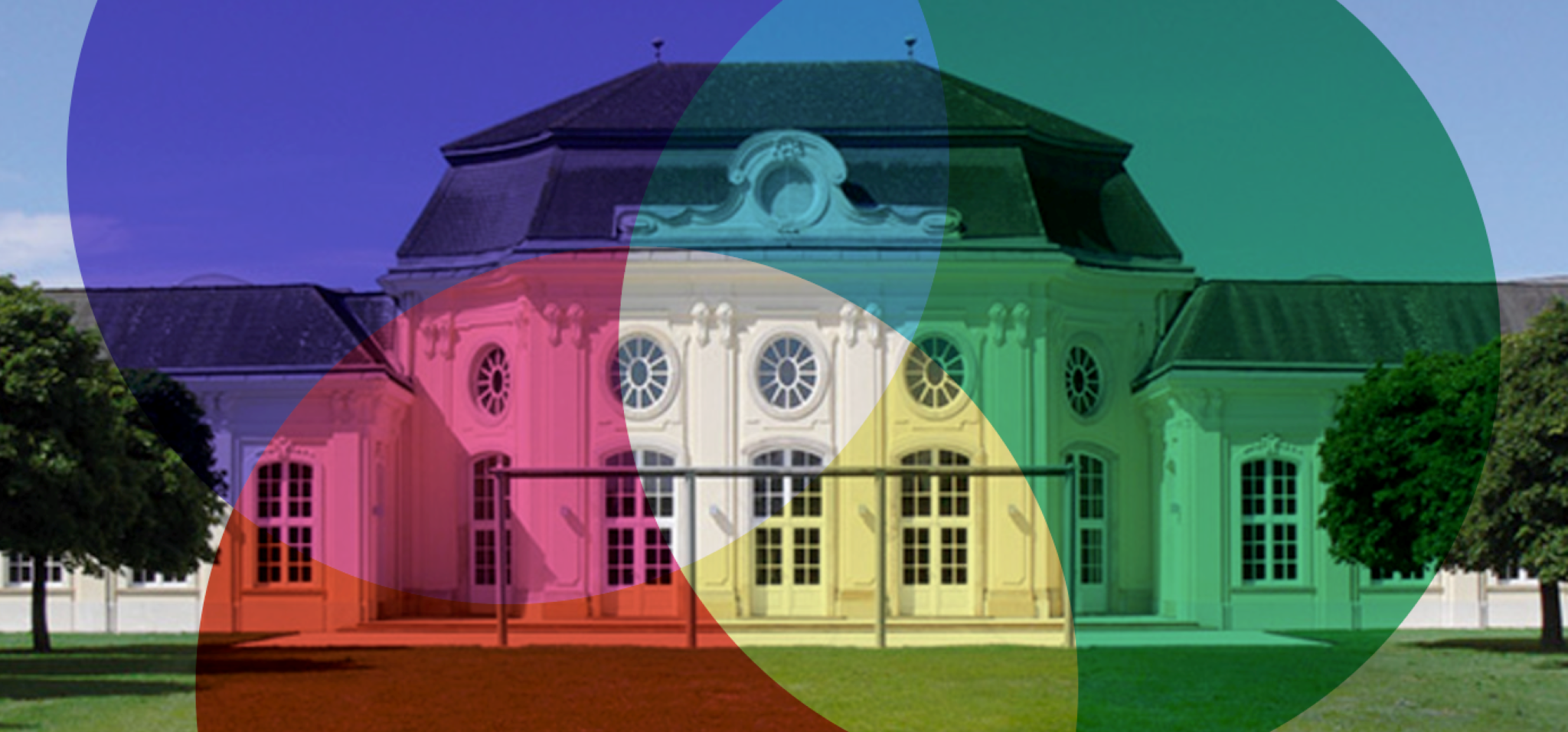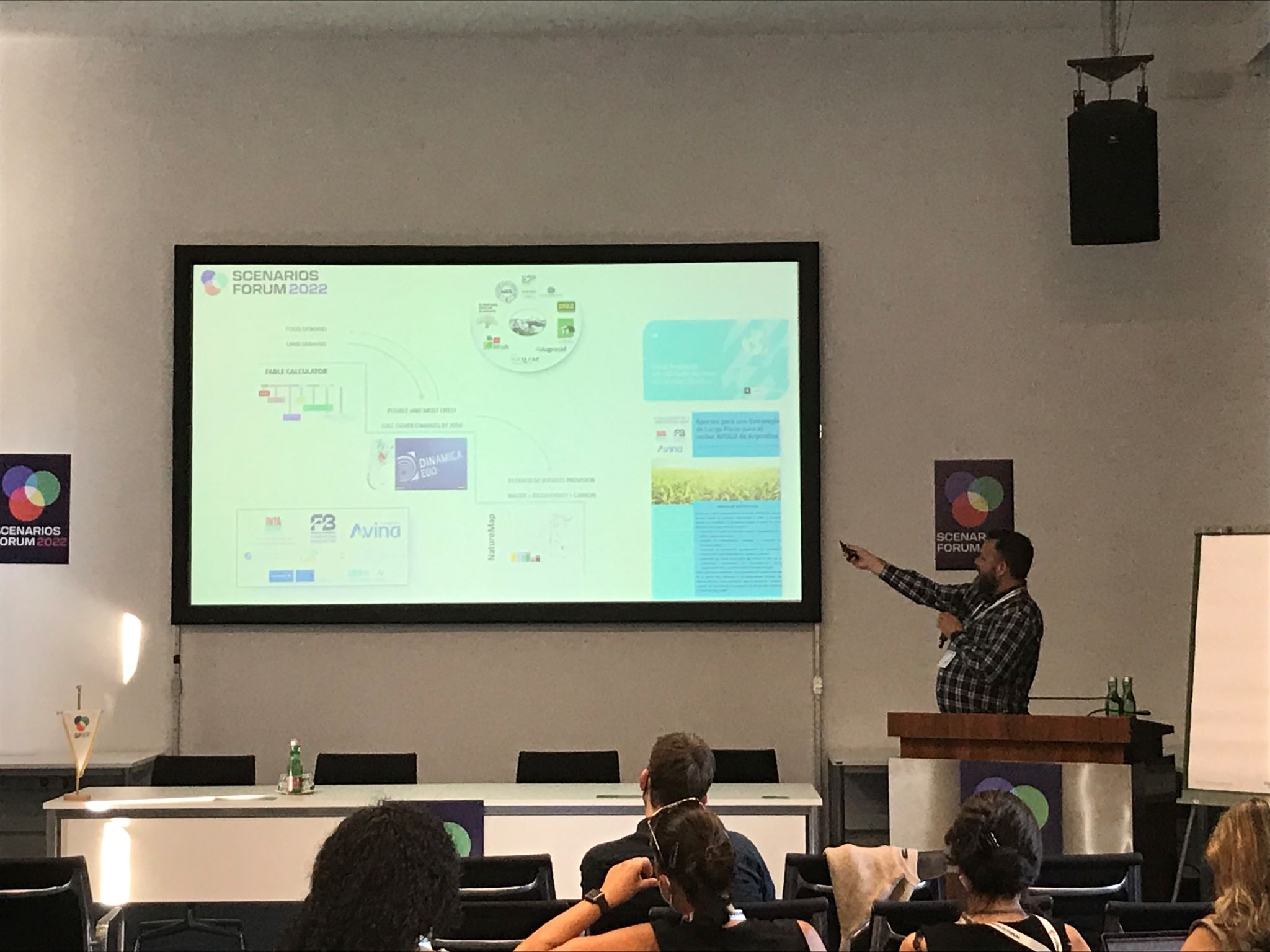
On June 20-22, the Forum on Scenarios for Climate and Societal Futures (“Scenarios Forum”), hosted by the Institute for Applied Systems Analysis (IIASA), gathered an international group of scientific communities using scenarios for climate change and sustainability analysis. The three-day forum offered a space for in-person exchanges of experiences, ideas and lessons learned.
In over 50 sessions, scientists shared their developments using the scenarios framework to foster integrated climate change and sustainability research. The meeting's outcomes will aim to inform the use of scenarios in the preparation for the next cycle of IPCC Assessment Reports (AR7) and help ensure a research base sufficient to inform future national and international assessments.
Learnings from FABLE stakeholder participation for the development of long-term pathways
For this edition of the Scenarios Forum, the Sustainable Development Solutions Network (SDSN), in collaboration with Ohio State University, organized the workshop session “Learnings from stakeholder participation for the development and implementation of scenarios and long-term pathways towards sustainable systems.”
Stakeholder input is crucial for the construction of scenarios. Participatory modelling approaches can enable the contribution of a wide range of stakeholders and generate a rich exchange between policy experts and scientists. The workshop session showcased experiences where pathways have been used as a framework for engaging stakeholders in the design of scenarios for climate and land-use systems.
The panelists were Ana Paula Aguiar (Stockholm Resilience Centre), Marta Torres Gunfaus (Inter-American Development Bank), Taran Faehn (Research Department of Statistics Norway), Alison Smith (University of Oxford and FABLE UK), and Federico Frank (National Agricultural Technology Institute and FABLE Argentina). The discussions were moderated by Jeffrey M. Bielicki (Ohio State University).
FABLE in the Spotlight
Alison Smith (FABLE UK) presented the successful collaboration between FABLE UK and the UK and Welsh governments to develop national and sub-national food and land-use pathways.
FABLE UK has held several consultations with key policymakers from UK government, the devolved regions (Scotland and Wales), research funders and technical experts to define parameters for alternative pathways to sustainability by 2050. The UK application of the FABLE model was successful in raising awareness of the how such integrated models could be further developed and utilized as part of a detailed participatory process to inform the design of future land use policy. The detailed engagement enabled the model adaptations and pathway development to target specific policy questions.

Federico Frank (INTA/FABLE Argentina).
Federico Frank (FABLE Argentina) presented a multi-model approach to explore sustainable food and land use pathways for Argentina, developed in consultation with stakeholders from the Agriculture, Forestry and Other Land Use (AFOLU) sector.
Using this approach, the FABLE Argentina team has built a carbon neutral, actionable food system and land use scenario that could lead to the achievement of mid-century targets on biodiversity, freshwater use, food production, and carbon storage targets. The methodology has been shared with policymakers to design carbon neutrality pathways towards 2050, create spatially explicit land-use projections, assess trade-offs, and attain multiple Sustainable Development Goals (SDGs).
Takeaways
Effective scenarios can provide context for decision-making in complex uncertain contexts over various spatial and temporal scales. They set a pathway on specific trajectories, and help guide policymaking for mitigating undesirable long-term outcomes.
However, models need to be inclusive and transparent to engage a wide range of stakeholders and ensure scenarios are as plausible as possible. To this end, initiatives such as the FABLE Consortium are crucial. FABLE provides open-access and transparent modelling tools to help local researchers co-create pathways to sustainable food and land-use systems that are scientifically relevant and useful for policy processes.